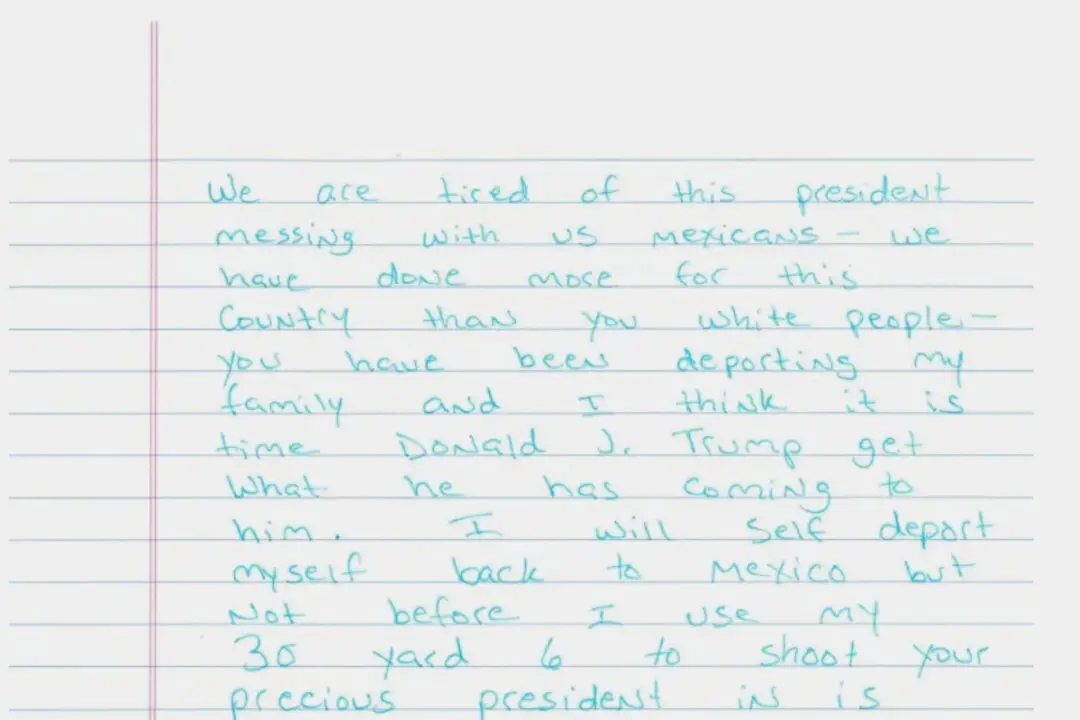BERLIN—Britain’s decision to leave the European Union puts German Chancellor Angela Merkel at center stage as the bloc seeks to preserve its unity and win back skeptical voters across the continent.
Merkel stressed that “Germany has a special interest and a special responsibility in European unity succeeding” as she voiced regret Friday at Britain’s departure, citing Europe’s 20th century history of wars. She signaled that she was taking the initiative, inviting her counterparts from France and Italy—the two other largest remaining members—to meet her Monday in Berlin as well as EU President Donald Tusk.
But, true to a methodical approach to problems tried and tested over a decade in power, she also sought to slam the brakes on any hasty decisions, arguing that the 27 remaining members must avoid drawing “quick and simple conclusions” that would only create further divisions.
Germany traditionally has been reluctant to exert an overt leadership role in Europe, though it has been increasingly assertive in recent years in designing the response to the eurozone’s debt troubles and, less conclusively, in seeking an EU-wide response to the influx of refugees and other migrants from the Middle East and elsewhere.
Even now, with one of the EU’s heavyweights on the way out, Berlin isn’t likely to seek a sole leadership role, ever conscious of the historical burden of its Nazi past.
“It will continue to lead with and through groups,” said Daniela Schwarzer, an expert on EU affairs at the German Marshall Fund of the United States think tank in Berlin. “There’s this really strong concern to always be part of something and not going it alone.”
“Germany has a huge interest that the Brussels institutions have more support than they currently have,” she added, and there’s no sign that it “actively seeks power and a hegemonic position.”
Guntram Wolff, director of the Bruegel think tank in Brussels, said Britain’s EU exit, or Brexit, will mean issues can no longer be addressed by shifting coalitions of France, the U.K. and Germany. Instead, it would increase the dependency between France and Germany—the traditional motor powering EU integration, but one that has sputtered somewhat over recent years amid differences on the debt crisis and other issues.
“In that couple, Germany is the stronger player, quite clearly,” he said. “So in that sense it will probably increase the role of Germany in the EU.”





